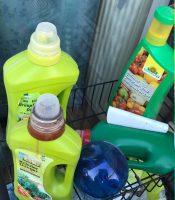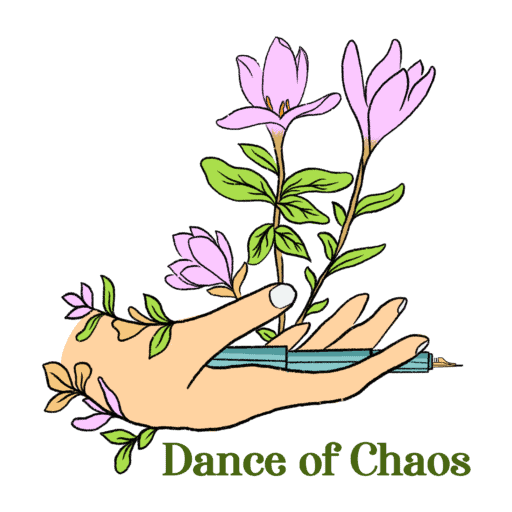Gardening by DanceofChaos
Hello everyone, in the previous two posts in the series of beginners guide to gardening, I shared about how you can choose your first few plants and what are the basic steps in taking care of the plant.
In this post, I will talk more about the different kinds of fertilizers which you can use and the different insects and pests that can try to destroy your garden.
Table of Contents
Getting rid of insects
Some plants like cucumber, beans, aubergine attract insects right from the sapling stage. Insects like aphids are extremely harmful to the plants. They tend to eat the leaves and create holes in them and are contagious.
One solution for it is to use pesticide. However pesticides also contain chemicals and a lot of people who garden for fun tend to avoid it. I have not applied pesticides too. My plants do suffer a little more I guess and I don’t often get to rescue them all because of them.

A quick search in internet can show many alternative eco friendly bio method to deal with such pests. One is using solution of a mild soap solution. A dilute solution, using one part dishwasher soap and three parts water usually drive away the insects but is not harmful for the plants or the insects. putting them in a small spray bottle and spraying them over the leaves drive away the insects.
However, once the insects infect a leave and it not only loses its color but also start showing holes, it is better to remove the infected leaves and stop spreading the contamination.
Fertilizer
Gardening has never been so easy as now. The plant stores, online website has an wide range of bio fertilizers to chose from. Unlike agricultural production, fast growth and production are not the aim of hobby gardener.
For a small indoor garden, bio fertilizers are the best option. Compared to a big field, indoor gardens (balcony or inside) typically have small soil areas. They do not need much fertilizer except for growing season.
I personally use fertilizers very rarely. Only during the initial growing period.

Bio Manure from household waste
For an indoor garden, when there is no space outside, composting is not possible. However using the occasional vegetable skins, cut and grounded finely are nice manure. Eggshells ground finely are also a fine source of calcium to the soil. The important thing is to not just dump them in the soil but ground them finely and spread them during watering.
I made the mistake of dumping some vegetable skins directly on the soil. It takes forever to decompose and what they create is foul smell, fungus and attract insects. Water,after washing chicken, fish, vegetables can also be used as mild fertilizer. My father does it very often and I learnt it from him. He however also has a big garden and can compost. I have modified his process for my indoor gardening. I wish he would open his own gardening advice blog or youtube channel now that he is retired. He seems to be content just teaching me that.
Repotting
Repotting is not always necessary immediately. There are signs when the plant urgently needs a repotting. When the growth of the plant slacks off, even though it is prime season and it is receiving optimal care. The roots start growing out of the older pot pretty fast and quick.
More on repotting, weeding coming up. Keep reading about my gardening experience in the blog. Do share your comment and thoughts about gardening below in the comment box or on the contact page.
And, do not forget to subscribe and get regular update on the posts. Enjoy reading the blog.


Comments are closed.